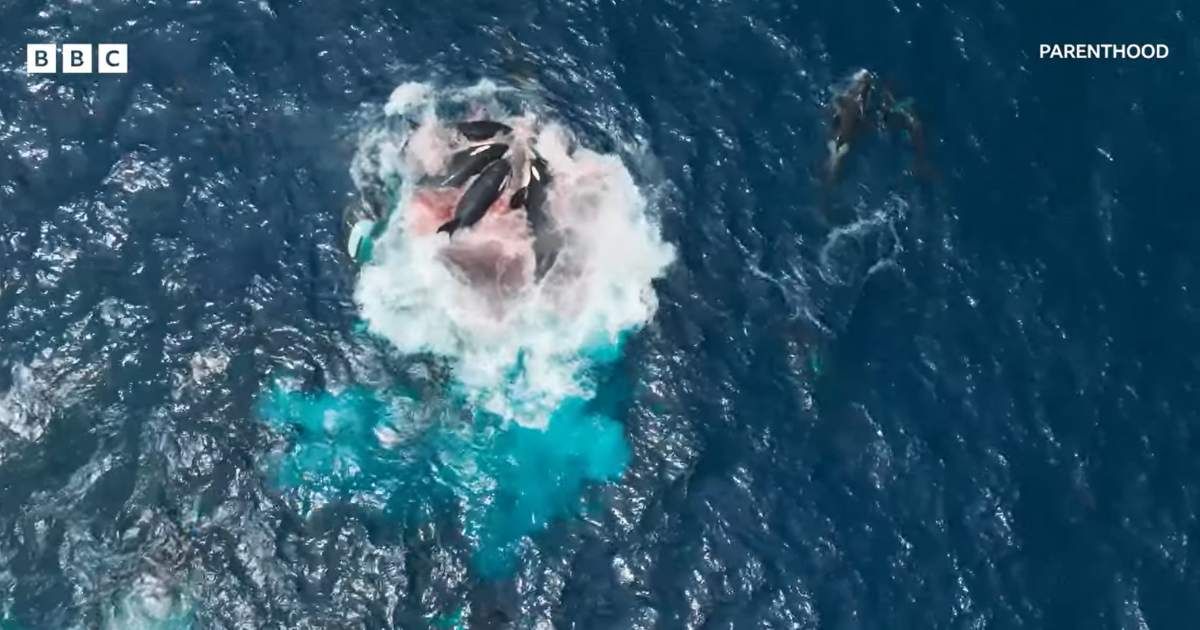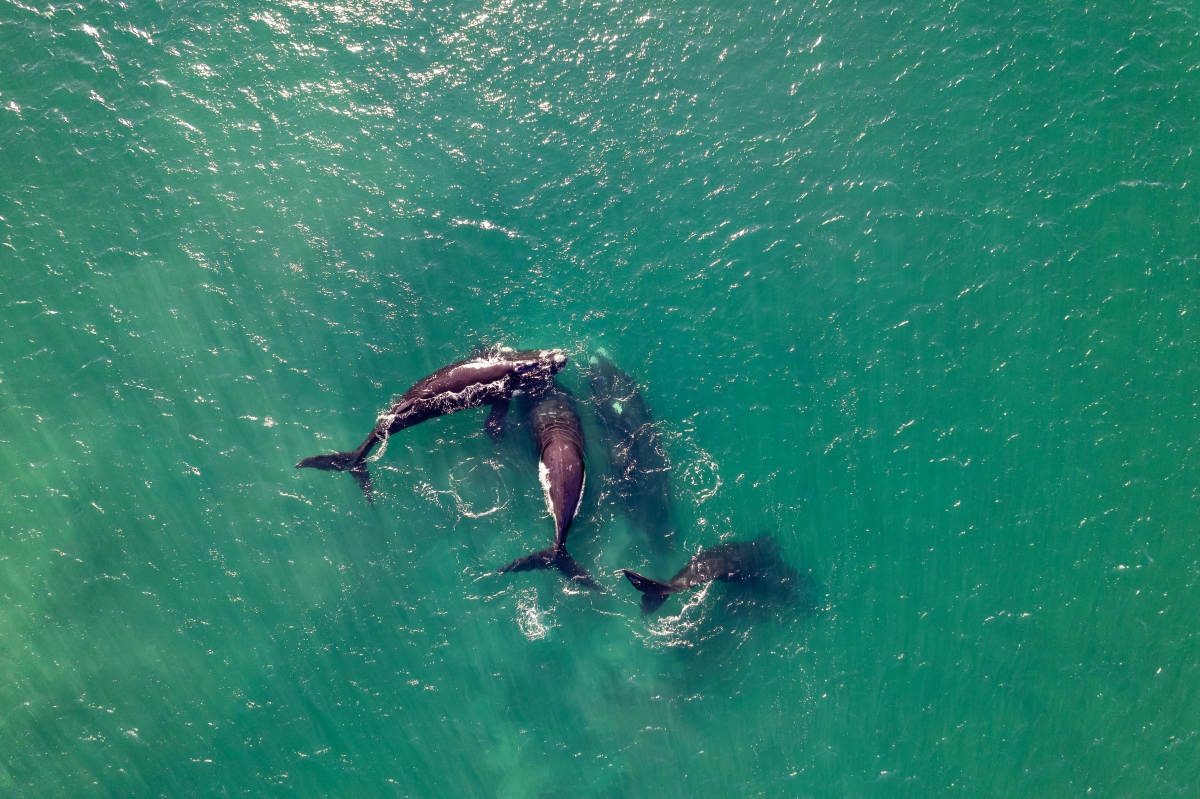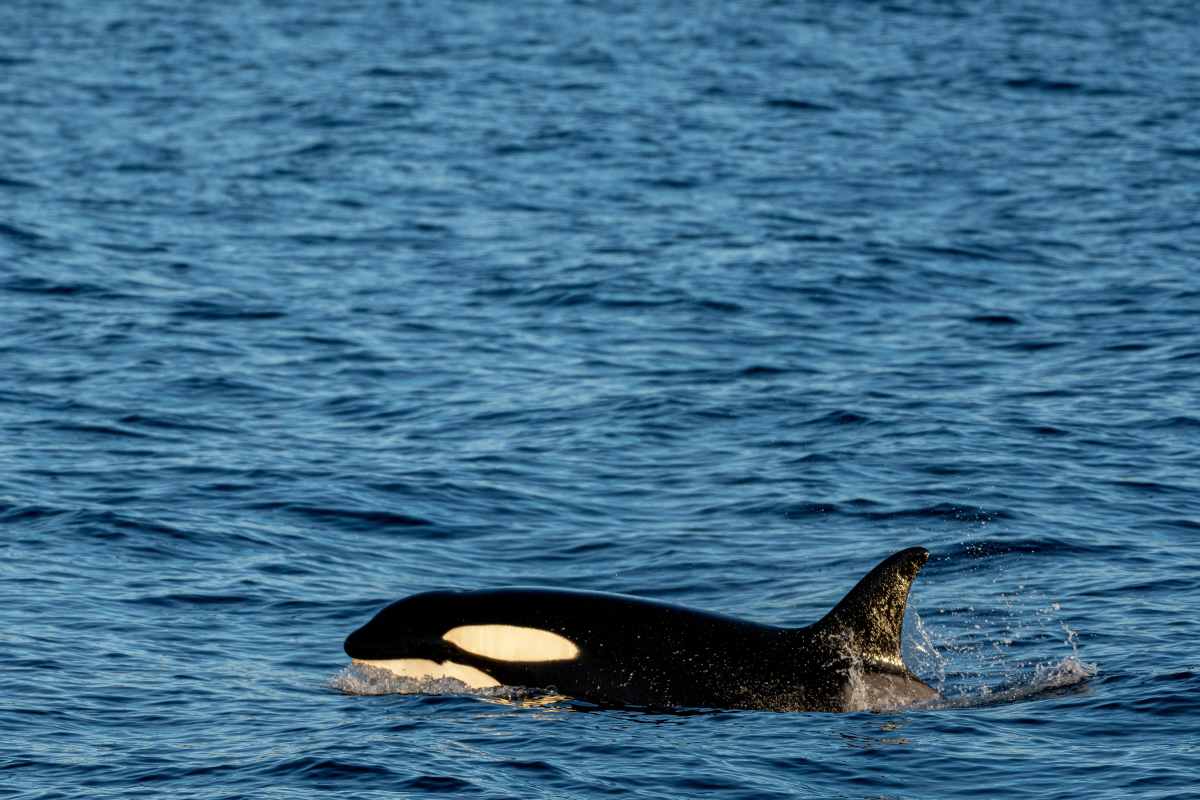Orcas teach young ones how to hunt for prey and go for the 'kill,' new footage indicates

In nature, fights are often not between equals. Several beings take plenty of training beforehand to become successful in these fights. This is what a pod of orcas is doing in footage from the BBC's Parenthood. The pod is likely preparing for a future clash with massive marine beings, like the blue whale, who have a size advantage over orcas. However, such training allows the orcas to strategically ambush blue whale-like beings and eventually defeat them in a fight. The show intends to reveal to the public how parents in the wild prepare their offspring for survival. Along with orcas, the show also covers the strategy of creatures like the African social spider and many more.

Training of Orcas
The training session was captured off the coast of Bremer Bay in Western Australia, according to Greater Good. In the session, a group is drowning one of their own. The catch is, it seems to be a setup. The orcas are likely pretending to drown the "prey" to show the young ones in the group how to apply the same tactic on an opponent like a blue whale. At first, they surround the "target," then submerge the supposed prey's blowhole. This technique possibly makes it difficult for the "prey" to breathe underwater, but only for a short while. The pod only held the juvenile orca inside the water for some time before eventually releasing it. This whole affair could be an attempt by the side of experienced orcas to showcase to the young ones how they can go for the "kill."
Applying the Method
In the video, the "trained" orcas are supposedly shown applying their learnings. A group working in unison first approaches by surrounding the prey's head. Thereafter, they submerge the prey's blowhole, something they learnt in the session, which can likely lead to drowning and loss of life. It remains unclear whether the group manages to complete their "objective" of killing the whale. The instance sheds light on some inner workings of orcas' social setup and the intelligence with which they approach their clashes in the wild. A spokeswoman from the BBC confirmed that such a training session for hunting has never been recorded for orcas by humans, according to Live Science. To gain these new insights, the crew used devices like gimbals and tow cameras, which helped them travel at the same speed as the hunting orcas.
Why do Orcas Hunt Blue Whales?
In 2017, the footage of a group of orcas (killer whales) carrying out a coordinated attack on a blue whale came to the world's attention, according to National Geographic. Such interactions leave many confused, as orcas can hunt dolphins and seals for food, which are easier prey to attack, but rarely challenge blue whales, which are more difficult for them to get under control. There is a sense of enjoyment for orcas in blue whale hunts, according to experts. "They play with [whales] like cats play with their prey," added Nancy Black, a marine biologist. It is possibly a way for them to have fun.

More such guidance from wildlife has been showcased in Parenthood, which is narrated by British biologist and broadcaster Sir David Attenborough. The show is expected to air on PBS later this year or early next year. "My personal favourite must be the story of the African social spider, a mother spider who not only raises 50 offspring alongside her sisters but eventually sacrifices her own body to feed her growing young in an act called matriphagy," shared Jeff Wilson, the series' director.